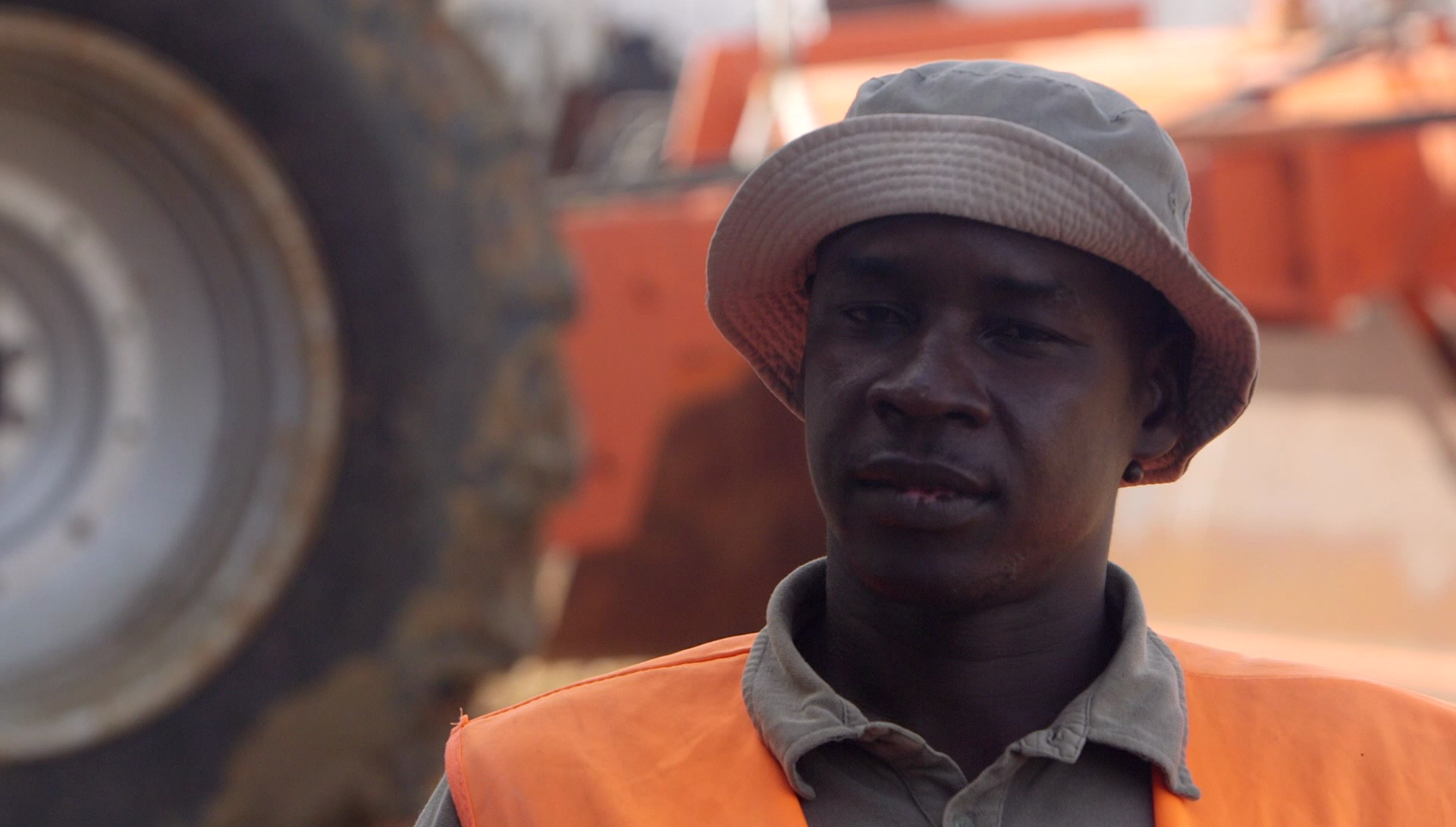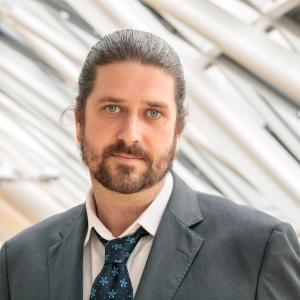The Compagnie Agricole de Saint Louis is blazing a trail in Senegal, setting up all of the facilities required to produce rice on a large scale on the Senegal River delta. The project is improving conditions for local farmers and creating plenty of diverse jobs. Lives are already getting better.
“I spent 14 years working far away from here. I saw my family once a year.”
On a national level, rice is vitally important for Senegal. It is the staple food in the country, as it is for West Africa as a whole, and yet cultivation is limited while consumption booms. The population is growing quickly, and each person eats, on average, 100kg of rice per year. Senegal buys up to 80% of its rice requirements from abroad, and the grain is second only to fuel in terms of national expenditure on imports.
The Compagnie Agricole de Saint Louis (CASL) is aiming to partially address this burden, however, by producing rice on a large scale in the Senegal River delta, putting arable land to use and creating the conditions to eventually mill and store up to 60 000 tonnes of rice per year. In addition to producing paddy rice, CASL will also buy it from local farmers and employ local people to operate and maintain the large farm and rice mill. The scheme is ambitious and there are challenges. Rice plants are living things, and this is not like producing a good in a factory. “We are subject to the wind and the rain,” says CASL CEO Laurent Nicolas. “You could say that in our case the factory has no roof and no walls. Farming is hard, and on this scale it requires a lot of organisation and a lot of logistics.”

Laurent Nicolas, CEO of CASL
Although not yet close to full speed and capacity, the project is already having a positive impact on its surrounding area. New irrigation infrastructure is giving local farmers the chance to cultivate rice on plots which previously lacked this irrigation, and produce two rice harvests per year, in addition to providing water for other crops. The project foresees the plantation of fruit trees to benefit local villages, while an afforestation programme will also provide sustainable firewood. These will compensate for the loss of some bushes and trees due to the overall project.
Djibi Seye is a farmer and straight-talking village elder from nearby Diadiam 3. He observes the benefit first hand. “When we started agricultural activities some years ago, we had up to 30 hectares, and irregular access to water. Now we have opened up 70 hectares for this coming harvest season, and our relationship with CASL means it can be dealt with efficiently and locally. This was not the case before so it is mutually beneficial.”

Djibi Seye, farmer and straight-talking village elder from nearby Diadiam 3
There can be uneasiness between smallholder farmers and larger agricultural companies, but it is not evident in this case. “My village had the choice of whether or not to work with CASL,” Seye explains. “They presented themselves properly to us. We can see the benefits for ourselves, and for them. It is entirely voluntary for Diadiam 3 to work with CASL. In other projects of this kind, it is not always the case, but this company brings jobs, hope and reassurance to local people. If this was not the case, believe me I would be telling you.”
If the area was depressed before, there was good reason for it. Diadiam 3 has a legacy and finds a sense of purpose in food. “This used to be a fishing village,” Seye continues. “Stocks have been badly affected by invasive plant species.” The Senegal River, like others across West Africa and the wider world, has been a notable victim of the prolific and fast-growing weeds, water hyacinth and water fern, and indigenous plant and animal life has suffered from their presence.
The approach to the rice production under the CASL project is as gentle as it can be. There is levelling of fields to ensure water efficiency, proper drainage of irrigation water and a reforestation programme is also underway, while the use of fertilisers and pesticides is done according to good agricultural practices and kept to a minimum.
This project is only at the start of its journey, and while it can be considered risky, Laurent Nicolas fully believes in it, and is hopeful the model could be emulated in future. “Every production value chain in agriculture needs a champion,” he says. “Without someone to lead it, the challenge to improve the level of production becomes very difficult. For the scale we aspire to operate on, financing from partners like the EIB and AfDB, who each contributed loans of EUR 15.7m, was essential. We are doing everything to make it work, and we would love to replicate it elsewhere.”
CASL is enabling something to be done that was never done before, and is helping to bring activity to area around Saint Louis. This in turn is persuading local people that there is something for them to do, and there is hope. It is precisely the kind of developmental impact that the EIB is eager to support through the Impact Financing Envelope. The risk may be higher, but the contribution to food security, rural poverty reduction and job creation makes the project something of a beacon. “I think all of us are proud. I know I am. We are feeding Senegal and making it more secure. It’s not easy, but you have to be courageous,” says Nicolas with a smile.
“The company is involved with the local communities, and that is good to see,” says Djibi Seye. “In our village, they make an effort. It goes beyond an economic relationship, and becomes a social one. People are no longer leaving as part of the rural exodus.”
It is early days, but the reverse phenomenon could occur. “I spent 14 years working far away from here. I saw my family once a year. Now I am back and working for CASL,” says Michel Lo, in charge of trench digging. “Now I have a family life. I see them every day. I can look after them.” Lo’s personal story chimes with the ethos behind the project. The rice industry is creating opportunity for local people that either did not exist before, or else existed in a completely different guise.

Michel Lo is in charge of trench digging at CASL
He is not the only one who will return because there is more opportunity for him. And this is only the beginning for CASL. There is a lot more work to do on site in Senegal and there is plenty of potential for more such projects in Africa. “If they continue at this speed and rhythm, and keep working with us in the same way, I can see only benefits for all,” says Djibi Seye. “We have a saying in Wolof. If the pot smells good, the food will probably taste good.”
